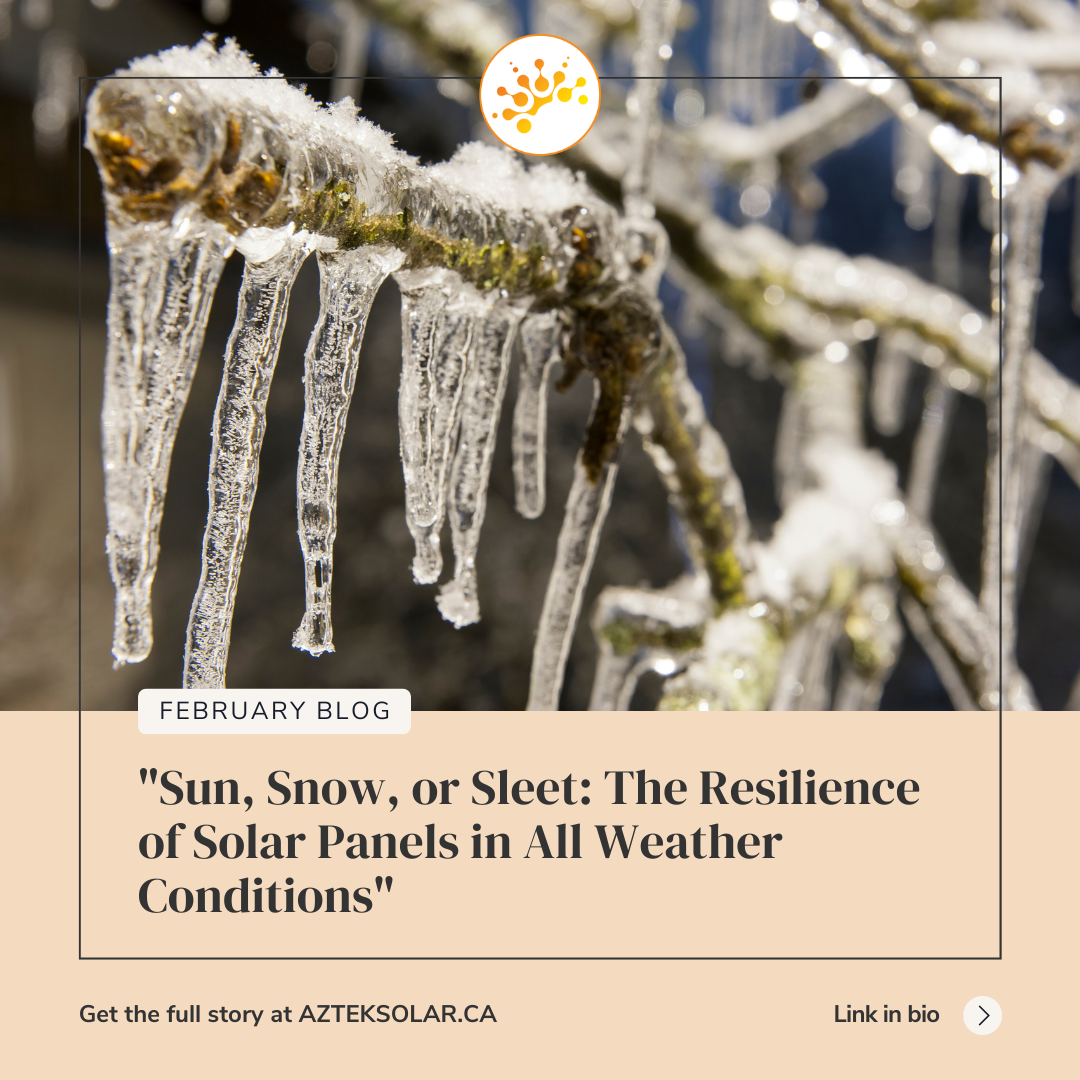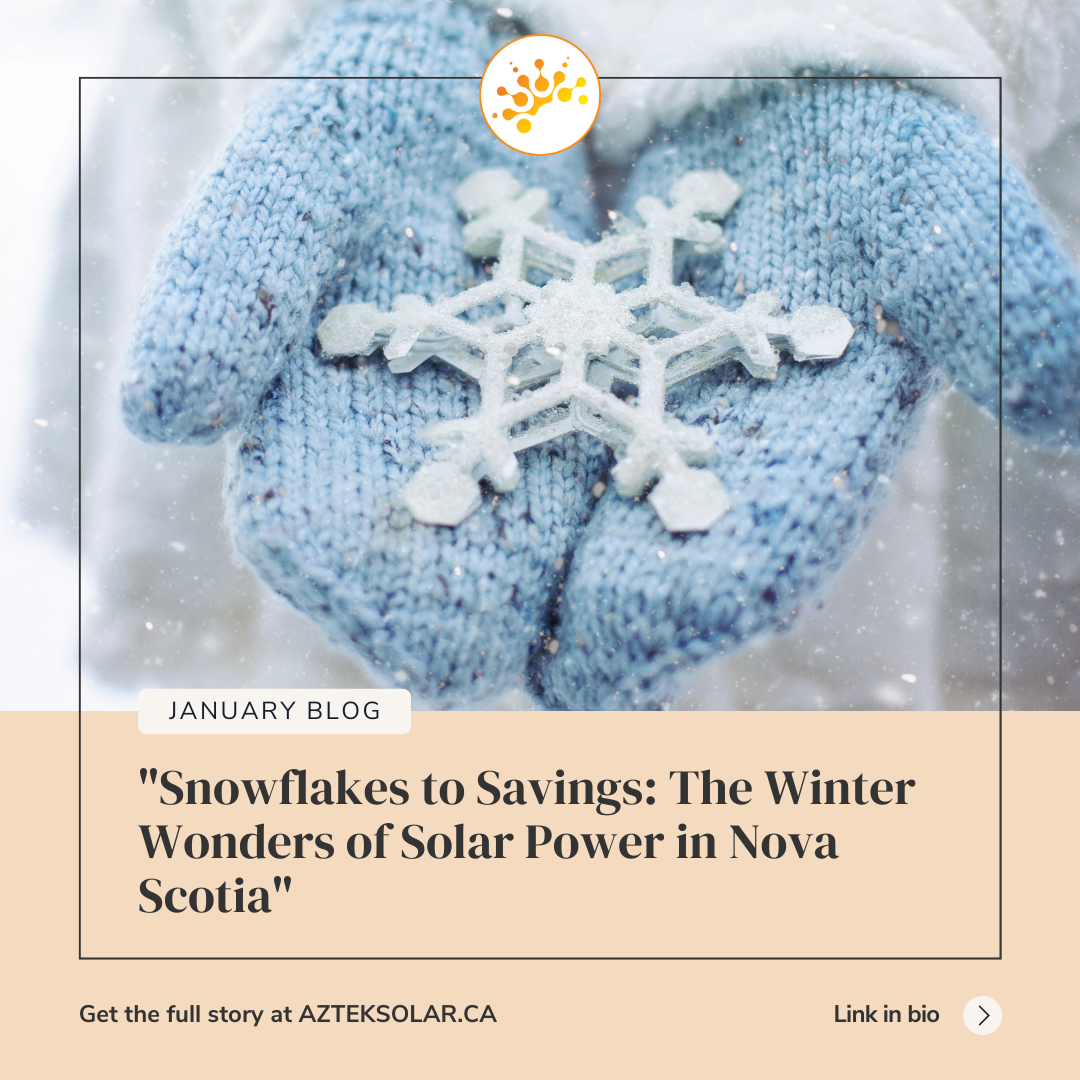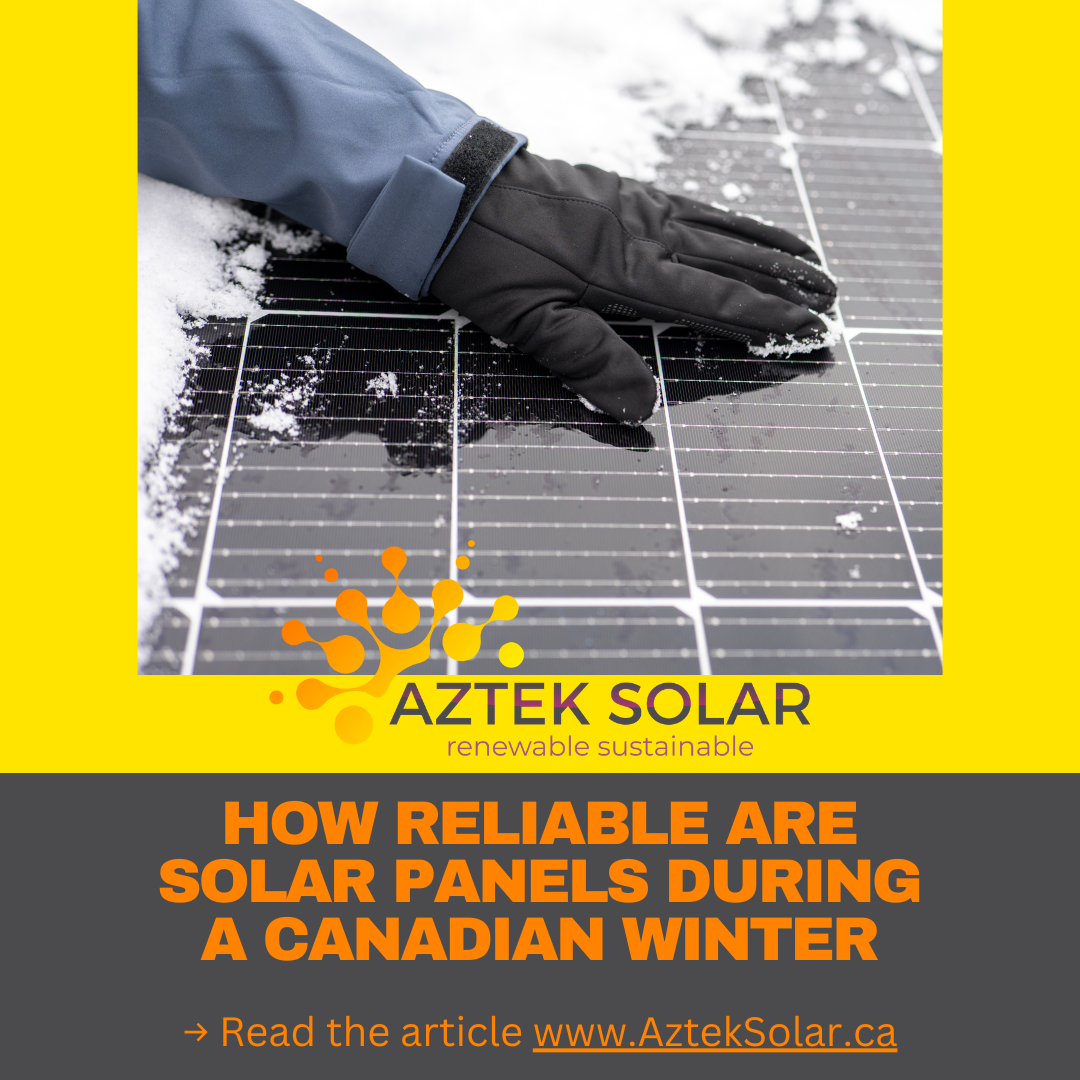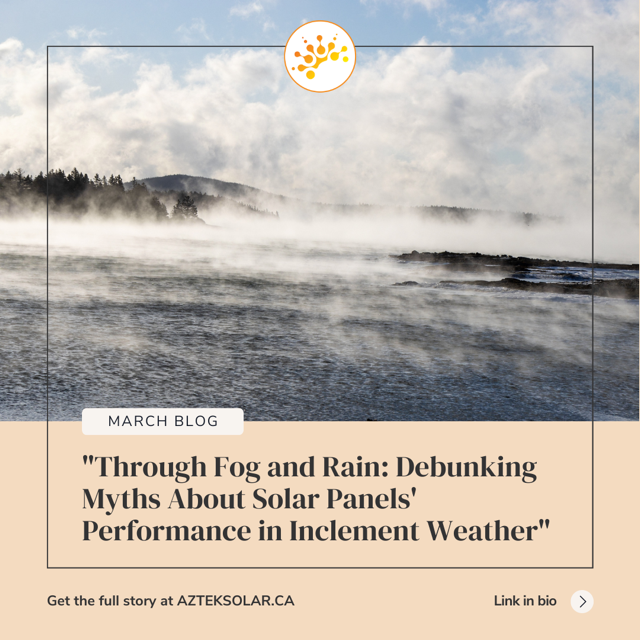How Durable Are Solar Panels During Windstorms
During windstorms, winds gusting up to 90 km/h or more. Such winds can cause property damage or turn any loose item into a dangerous projectile. You will be left scratching your head if all the numbers that you crunched and the content that you read online did not include a contingency of a very common incident that occurs across Canada.
Don’t worry too much though. Solar panel companies were naturally more concerned than you are right now. They came up with a plan and that plan accounted for the severity of the weather.
Generally, solar panels are extremely durable with an estimated life of 25-30 years. Even then they don’t completely stop producing energy, however, their output then drops significantly. There is technical jargon, Solar Panel Degradation Rate, which addresses this phenomenon. We will be discussing this particular concept, making it simpler for you to make an informed decision, but in another blog post. Remember to check back in the next month or so.
Coming back to the issue at hand, solar panel durability during windstorms. It would have been refreshing to learn that solar panels last for at least 25 years. This should have most definitely allayed your initial concerns about solar panel performance during windstorms. Now let’s have a deeper look at this.
The only real danger to your solar panels at the time of gusty winds is that of uplift.
When the wind blows across a roof with solar panels, it passes through the small space that typically exists between the panels and the roof (or between your panels and the ground in the case of ground-mounted systems), causing a large amount of uplift to the panels. This phenomenon is capable of tearing panels from their mounts, or the mounts from the roof or ground. In the most extreme cases, solar panels may stay anchored down, but uplift from strong winds can tear sections of your roof off.
Another source of panel damage in windstorms can be flying debris. Although more unpredictable than wind alone, due to the variety of sizes and types of materials that can be blown around in a storm, solar panels have proven to be remarkably resistant to impact from wind-blown debris in the past.
Reputable manufacturers put their solar panels through rigorous testing to ensure they’re built to withstand uplift. This requires solar installers to test their panels and racking equipment to ensure that they will remain anchored to your roof in hurricane-level winds. Most solar installers follow engineering guidelines. Hence, the solar panel installer that you opt for might be the difference between your panels withstanding high-winds or causing damage to your panels.
In the event that your system is damaged by severe weather, most homeowner’s insurance covers rooftop solar systems and no separate policy is needed. However, it’s a good idea to make sure your policy reflects your home’s value with the solar system since solar does increase the value of your home.
If you install a ground mount system or a carport, an additional policy might be necessary, because your insurance company may not consider the system a permanent attachment to your property. Once you made the decision to purchase a solar system, contact your insurance agent and make sure you have adequate coverage for the full replacement cost of your solar system.
Recently, there has been a lot of chatter about solar shingles or solar roofing. Spearheaded by Tesla. solar roofs are one of the latest ideas in solar technology. Tesla’s concept is that a whole roof will be made up of solar tiles. Solar shingles take the place of regular asphalt shingles in a roofing installation. They are designed to protect the roof while simultaneously capturing energy from the sun. In a reroofing project, solar shingles may be a logical solution since you can replace many of the asphalt shingles you would ordinarily have to install with solar shingles. Installation is fairly simple and takes an average of 10 hours for a professional to complete. If you live in an area where there are extremely high winds, you may want to consider a solar roof.
Nevertheless, solar roofs do come with some strings attached. The concept of solar shingles is still in the development phase and there is still some time till solar shingles become as viable as your traditional panels. The pricing also is on the higher side.
Solar panels are one of the most durable and reliable energy technologies in the world and industry efforts mean that they are becoming more resistant to severe weather damage every day. Installing a home solar energy system ensures that your home can produce its own power, even during severe weather events.
Thanks for Reading!
Brian McKay
(aka The Solar Guy)



For more information about a Solar Energy Solution, including Whole Home Solar PV and Solar Pool Heating solutions for your home or business, please contact AZTEK SOLAR for your free on-site evaluation and ask about the $3,000 cash-back rebate now available.
AZTEK SOLAR is a leading Nova Scotia residential and commercial solar installer, serving Halifax, Dartmouth and the surrounding areas throughout rural Nova Scotia.
With expertise in a wide variety of systems, including Solar PV (grid-tied) systems, solar hot water and solar pool heating systems, AZTEK SOLAR has helped hundreds of Atlantic Canadian homeowners, farm operations, business owners and municipalities lower their energy bills while reducing their carbon footprint.
#SolarIsNow #RenewableEnergy #AztekSolar


SUBSCRIBE TO OUR NEWS
Contact Us
Thank you for subscribing. We are happy to share our news with you!
- Brian McKay / Aztek Solar
Please try again later.
© 2021+ Aztek Solar Ltd. | All Rights Reserved
© 2021+ Aztek Solar Ltd. | All Rights Reserved
Digital Marketing by AtlanticOnline.ca

